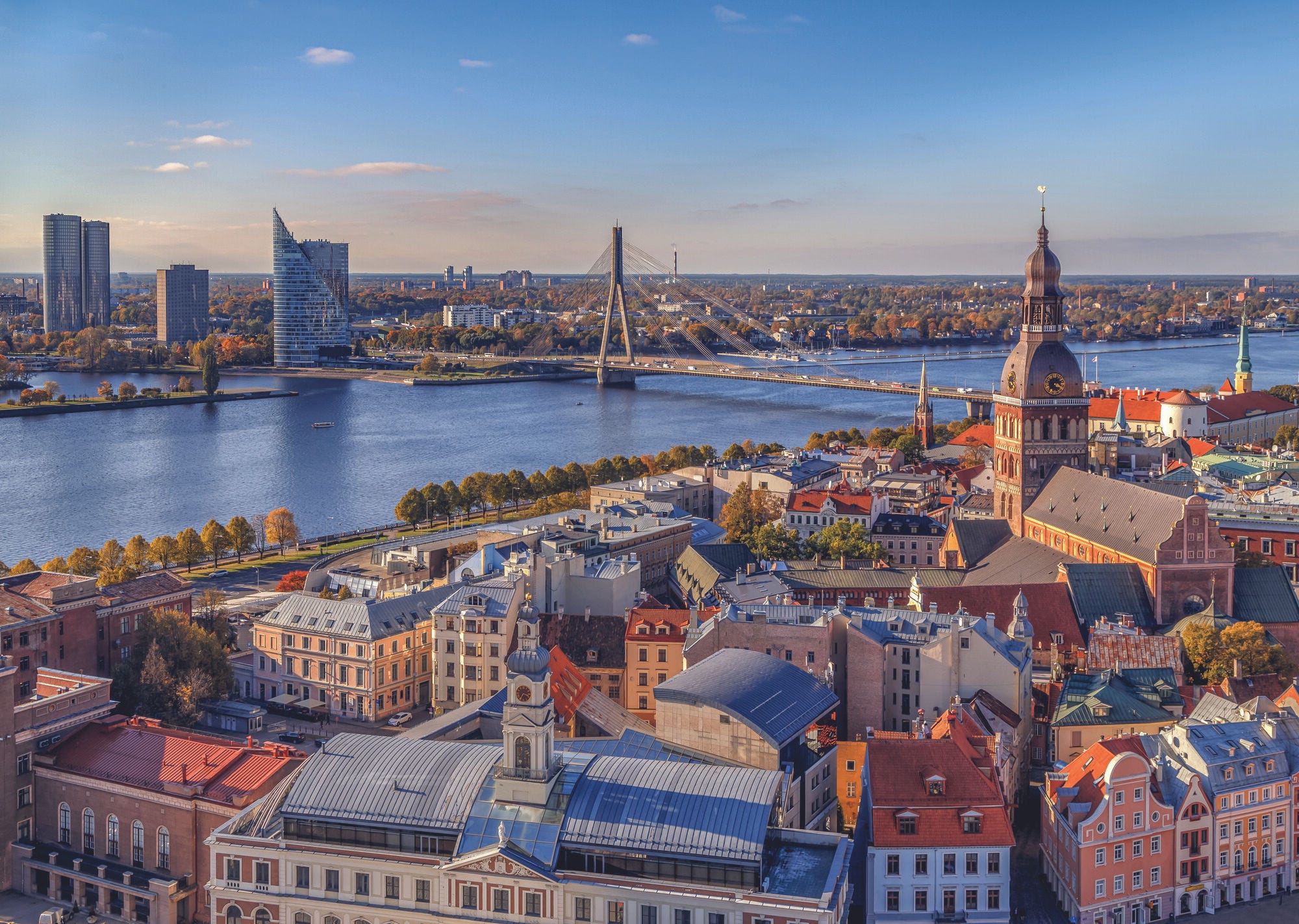Further strengthening tax enforcement and the fight against corruption and money laundering can do much to reduce the shadow economy and broaden the tax base. Implementing the planned mandatory filing of an electronic income tax declaration for all taxpayers should be combined with making electronic payment of wages mandatory. Moreover, raising trust in institutions is key to improve the tax morale. Implementing a comprehensive lobbying register at all levels of government would help to raise transparency and reduce corruption.
Shifting the tax burden towards property taxes would improve municipal finances, reduce distortions and lower inequality. Raising revenue from recurrent taxes on immovable property by updating cadastre values with market prices, while continuing to provide tax reductions for the primary residence of poorer households, would stabilise local public finances and raise incentives for spending efficiency. Introducing inheritance taxes, while allowing for exemptions for low-value inheritances, could help decrease inequality and raise revenue.
Continuing to improve human resource policies is key to raise the quality of the public administration. High staff turn-over has led to losses in human capital and institutional memory with negative consequences for the quality and effectiveness of public policies and services and the efficiency of public spending. The recent public employment reform and wage increases should be combined with better training opportunities for public employees, with a particular focus on digital and management skills.
Digitalisation of public services has significantly improved, strongly reducing the administrative burden. However, the use of data for ex-ante and ex-post impact evaluation of regulation remains weak, particularly at the municipal level. This reduces the effectiveness and efficiency of public spending, for example in infrastructure planning. Centralising procurement for standardised goods and services, such as pharmaceutical drugs or IT and software equipment, would help raise spending efficiency. Setting unified transparency, accountability and performance standards for all SOEs and centrally monitoring their performance is also key to improve spending efficiency.
Carbon emissions remain high in transport and heating. Lowering tax expenditures for fossil fuel and establishing a metropolitan transit authority to prioritise investments in public transport and facilitate coordination among municipalities are important steps to reduce transport emissions. Simplifying the administrative burden for support programmes and standardising technical documentations for renovations of similar multi-owner buildings would help reduce costs and support building renovations.



